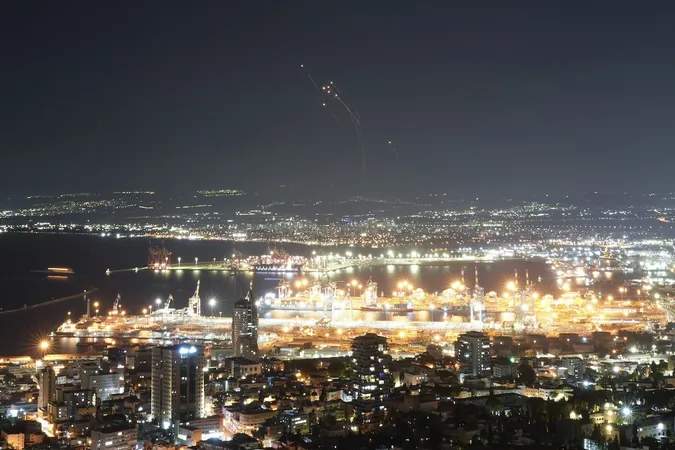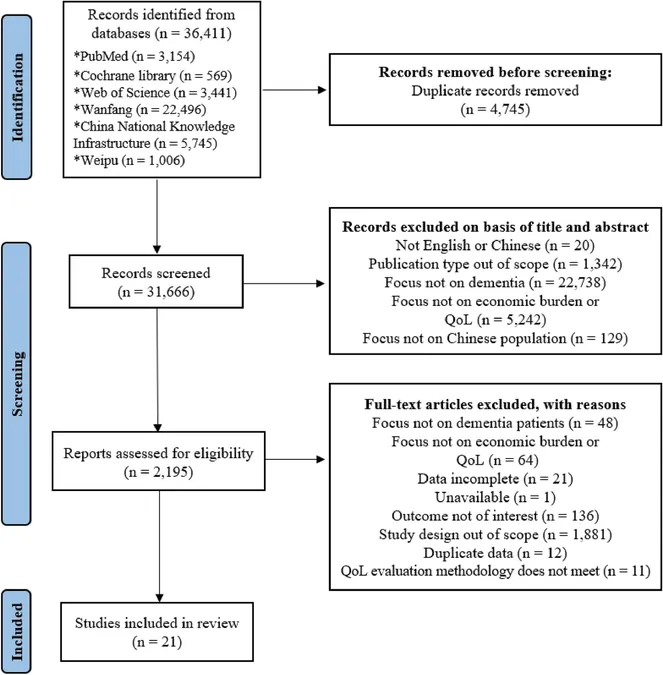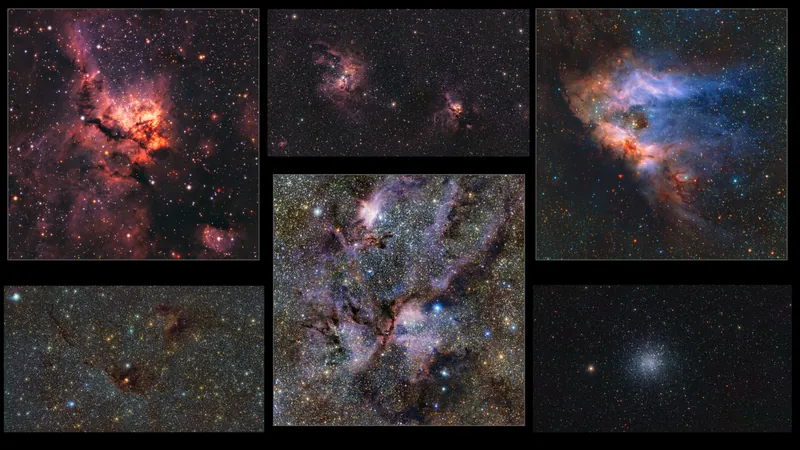
Escalation in Israel-Lebanon Tensions: Hezbollah Strikes Tel Aviv Amidst Increasing Violence
2024-09-25
In a dramatic escalation of hostilities, Hezbollah launched a missile toward Tel Aviv early Wednesday morning, marking one of the deepest incursions into Israeli territory since the onset of renewed conflict, which has seen mounting casualties in Lebanon. Israeli defense forces reportedly intercepted the missile, triggering air raid sirens throughout Tel Aviv and other central areas of Israel, though no injuries or damage were reported.
The missile, identified as a Qader 1 ballistic type, was aimed at the headquarters of Israel's Mossad intelligence agency. Hezbollah has accused Mossad of orchestrating a series of targeted killings of its leadership and is retaliating in response to an attack that killed dozens, including many affiliated with the militant group.
This incident is particularly notable as it marks the first time a projectile from Lebanon has reached central Israel, amplifying fears of an imminent, full-scale war in the region. Israel has been engaged in a fierce campaign against Hamas in the Gaza Strip, but the recent missile launch signals that hostilities may now spread into a broader conflict involving Hezbollah.
The situation in Lebanon is dire, with reports indicating that a staggering 560 people have died from Israeli airstrikes over recent days, which have aimed at Hezbollah's military assets across southern Lebanon and the Bekaa Valley. Among the casualties confirmed by Global Affairs Canada were two Canadians, highlighting the international implications of the conflict.
As violence escalates, many families are fleeing southern Lebanon, seeking refuge in Beirut and neighboring Sidon, often finding shelter in schools and makeshift accommodations. Some are attempting to escape the country entirely, resulting in traffic jams at the Syrian border.
Despite claims of extensive strikes, Israeli officials have downplayed the possibility of an immediate ground invasion. However, they continue to target Hezbollah’s rocket launchers and other military infrastructure, with an abundance of reports suggesting that both sides are preparing for a protracted conflict. In recent months, Hezbollah has ramped up its military actions, firing thousands of rockets and drones into northern Israel, which has disrupted life for over one million Israelis.
The Israeli military asserts that Hezbollah possesses around 150,000 rockets, many capable of hitting targets across Israel, leading to heightened military mobilization along the Lebanon border. Hezbollah has responded by asserting that it will maintain its military operations until a ceasefire is reached in Gaza, a development that currently appears unlikely given the escalatory trajectory.
Foreign powers, including the United Nations Security Council, are monitoring the situation closely. An emergency meeting has been scheduled at the request of France, indicating the growing international concern surrounding the unrest.
In a broader context, this conflict is not a new phenomenon but a continuation of decades of hostilities and strained relations between Israel and Lebanon, particularly with Hezbollah's emergence as a dominant military force in the region after the 2006 war. The unfolding situation presents a critical moment for both Israel and Lebanon, as the humanitarian toll rises, families are uprooted, and the potential for a wider conflict looms ever closer. This pivotal confrontation not only endangers those living in the immediate geography but also poses a significant threat to the stability of the broader Middle East.
Stay tuned as we continue to provide updates on this evolving story, which carries ramifications for regional security and international relations.









 Brasil (PT)
Brasil (PT)
 Canada (EN)
Canada (EN)
 Chile (ES)
Chile (ES)
 España (ES)
España (ES)
 France (FR)
France (FR)
 Hong Kong (EN)
Hong Kong (EN)
 Italia (IT)
Italia (IT)
 日本 (JA)
日本 (JA)
 Magyarország (HU)
Magyarország (HU)
 Norge (NO)
Norge (NO)
 Polska (PL)
Polska (PL)
 Schweiz (DE)
Schweiz (DE)
 Singapore (EN)
Singapore (EN)
 Sverige (SV)
Sverige (SV)
 Suomi (FI)
Suomi (FI)
 Türkiye (TR)
Türkiye (TR)